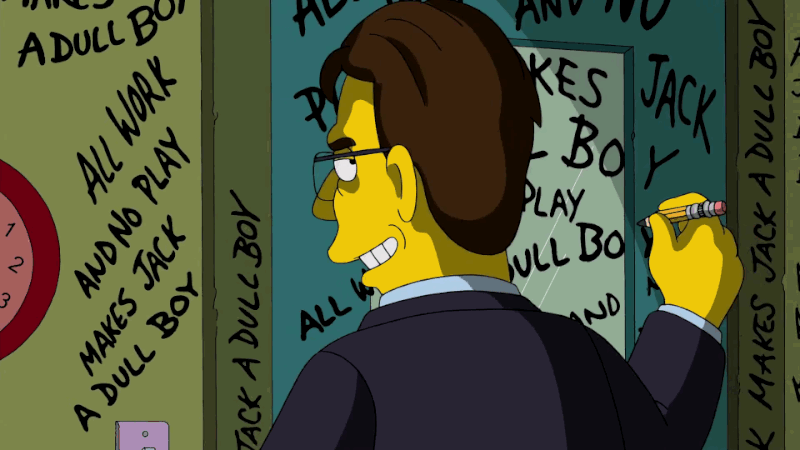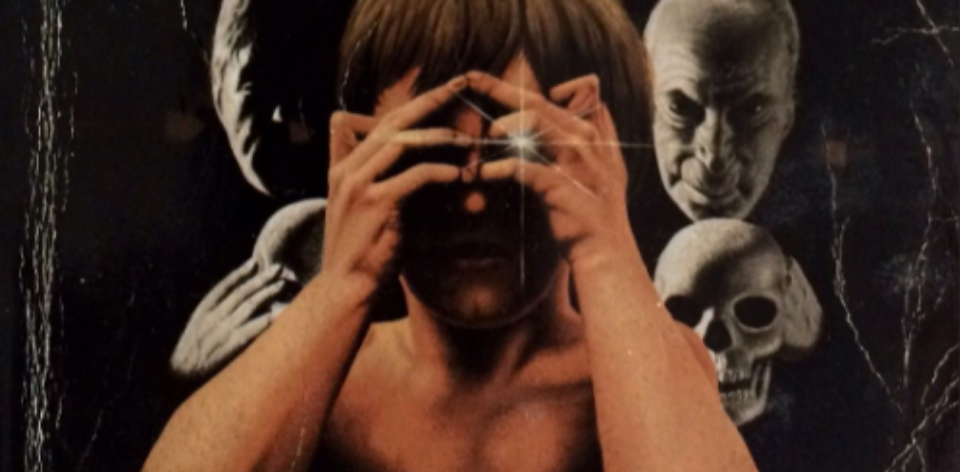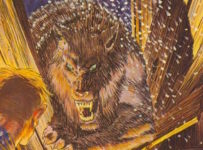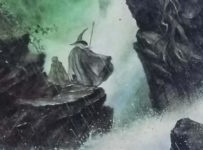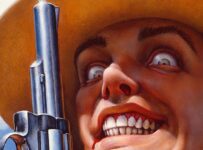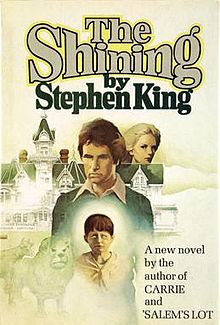
Welcome to the feature column that explores a decent number of Stephen King’s books in the order they were published! (More or less!)
In Stephen King’s introduction to the 2001 edition of THE SHINING, he talks about the very different ideas that he and director Stanley Kubrick had about the nature of Jack Torrance’s violence. Sitting here in 2018, I find King’s approach to the subject fascinating, as it was the 1980 film that had informed my view of the Overlook Hotel for decades. Indeed, it’s hard to read lines like “Come on and take your medicine” without Jack Nicholson’s drawl echoing through your head. Or is that Tony talking to me?
Kubrick’s film is a masterpiece in its own right, but reading King’s original work from the perspective of almost 40 years of cinematic pop culture emphasises the divergent points in their thinking. King describes this book as something of a “crossroads” novel. Following the runaway success of Carrie and the atmospheric ‘Salem’s Lot , King describes (in the same introduction) the “choice” he made to “reach” for something more than pure horror.
By this he means a sideways slide into “real” horror as opposed to the supernatural kind. King speaks of the line between ghosts, memory, and personal demons. Jack Torrance of the text is more terrifying because the ‘ghost’ of his own abusive father is far more present than in the film version, and like Wendy and Danny, we might be able to forgive some of Jack’s behaviour while he was drinking, but we can never forget it. Sure, the Overlook Hotel pushes him further towards violence against his family, but it was always inside him. “[The] truth is that monsters are real,” adds King, “and ghosts are real, too. They live inside us, and sometimes, they win.”

King, of course, had his own battles with the demon in a bottle. According to biographies, it wasn’t until the late 80s that he was aiming for sobriety, so there’s a potentially very personal story here as well. It’s hard to know how much of King’s own experience is in this book, especially given the other weathered alcoholic character present in ‘Salem’s Lot. Telling much of THE SHINING from the perspective of Danny, even with all his shiny gifts, is all the more devastating for its innocence in the face of familial terror. Here is a boy who refers to the “Presidential Sweet” in the early parts of the book, and is forced to grow up rapidly as he witnesses the violence of the Overlook and his mother and father’s relationship. For some, the latter will be all too real.
Structurally, it’s the clear influence of classic haunted house fiction that informs King here, with the ever present The Masque of the Red Death peppering the text. It’s a literary flourish that King now calls a “cocky quality” to the prose, but it’s also the escapist valve that allows us to briefly separate ourselves from the physical, mental, and verbal abuse that a man is repeatedly putting his wife and son through. King is careful not to lay out all the pieces at once, and it’s curious to see how much of the first act of the book is developing a sense of place and character. It’s something of a joke in later parodies how quickly Scatman Crothers exits the film, and that’s a real misstep on Kubrick’s part. King’s Hallorann is a complex and determined character who almost acts as the readers’ proxy, even with his own shiny gifts.
Prior to King’s multiversal fascination in The Dark Tower series (and the development of the shared universe and Constant Readers), elements of an interconnected time and space are present in this text as well. “Here in the Overlook all times were one” we are told, and later “a dozen different business conventions were going on at the same time within temporal centimeters of each other.” King wasn’t just stretching his writing style and subject matter at this point: he was also exploring just how far his worlds could expand, and the possibilities of what they might encompass.
As a final sidebar, I’ve been trying valiantly to get through this review without a single reference to The Simpsons “The Shinning” vignette in the Treehouse of Horror V episode. I almost did it too. Just don’t be reading my mind between four and five. That’s Willy’s time!
